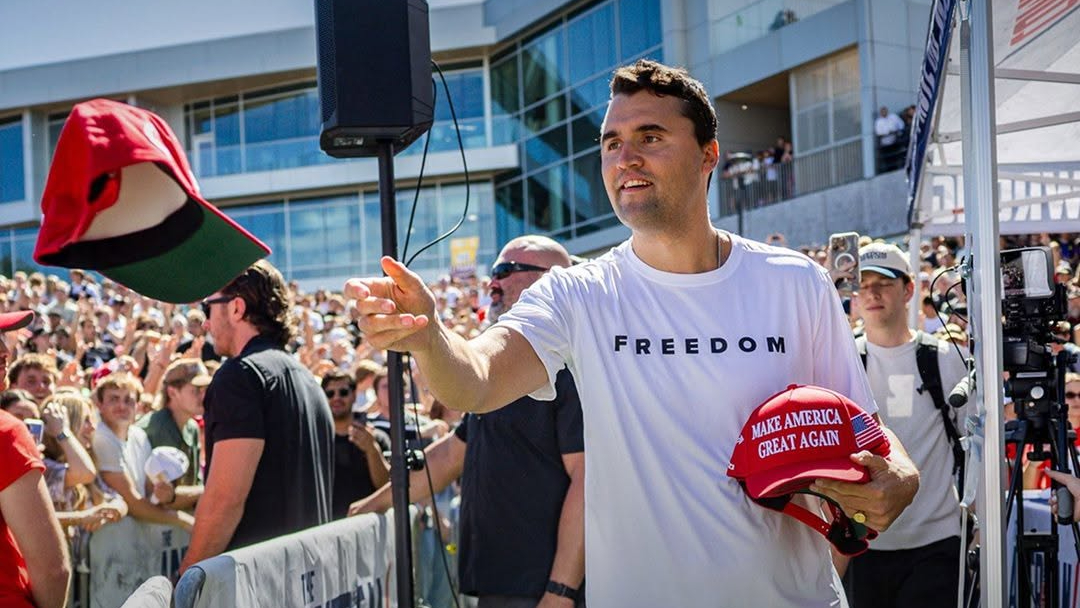A Shocking End to a Controversial Career
Charlie Kirk, the outspoken conservative activist and founder of Turning Point USA, was fatally shot on September 10, 2025, during a public event at Utah Valley University. His death shocked the nation—not only because of the violence itself, but also because of what Kirk represented: a divisive figure whose voice shaped modern conservative youth culture. While some hailed him as a fearless advocate for free markets and Trump-era populism, others saw him as a purveyor of misinformation, a provocateur who normalized harmful rhetoric under the banner of “free speech.”
Early Life, Education, and the Rise of Turning Point USA
Born in Illinois in 1993, Kirk skipped the traditional college path to dive headfirst into activism. At just 18, he co-founded Turning Point USA (TPUSA), a student-led group that mushroomed into a massive conservative presence across U.S. campuses. TPUSA framed itself as a counterbalance to liberal dominance in education, but critics accused it of weaponizing misinformation, cherry-picked statistics, and outrage-driven talking points to radicalize young audiences.
Despite these criticisms, Kirk’s strategy was undeniably effective. TPUSA grew into a multimillion-dollar operation, backed by conservative donors, and became a central youth pipeline into Trump-aligned politics.
Career, Views, and Misinformation
Kirk’s public persona was carefully crafted to be provocative. Through his radio show, social media platforms, and speaking events, he pushed hardline conservative stances—anti-abortion, pro-gun rights, and anti-LGBTQ+ rhetoric. He was also a staunch defender of Donald Trump, even as Trump repeatedly undermined democratic institutions.
But what made Kirk so controversial wasn’t just his ideology—it was his use of misinformation. He was a loud skeptic of COVID-19 health measures, downplaying the pandemic and questioning vaccines. He pushed misleading narratives around election integrity in 2020, reinforcing Trump’s false claims of widespread voter fraud. These positions, widely debunked by experts, fueled distrust in public institutions while cementing his role as a Trump loyalist.
To his critics, Kirk wasn’t simply engaging in free speech—he was manufacturing outrage for political gain, blurring the line between activism and disinformation.

Charlie Kirk with his family
The Shooting at Utah Valley University
On September 10, 2025, Kirk was appearing at a “Prove Me Wrong” event at Utah Valley University when he was shot by a sniper positioned roughly 200 yards away. The bullet struck him in the head/neck area as he engaged with students. In a crowd of roughly 3,000 people, panic broke out, with chaos and bloodshed marking the end of what was meant to be another fiery campus appearance.
Law enforcement quickly arrested a suspect, though motives remain under investigation. What is clear is that Kirk’s death adds a chilling new chapter to the escalation of political violence in America.
Related: Charlie Kirk Shot & Killed: What This Means For Political Discourse In The USA
Rare Influence—And Even Rarer Criticism Within His Own Party
Kirk’s death forces reflection on the role he played in shaping conservative discourse. He was often given a platform by Republican leaders and Fox News commentators, even as his messaging spread divisive conspiracy theories and undermined public trust in institutions like elections and science.
Unlike traditional conservative thinkers, Kirk thrived on viral moments and culture-war flashpoints, making him one of the most polarizing political figures of his generation. While his supporters saw him as a truth-teller unafraid to challenge “woke” narratives, detractors argue he legitimized harmful falsehoods and weaponized generational anger in service of Trumpism.
Legacy: Influence at a High Cost
There is no denying that Charlie Kirk was a skilled organizer and communicator. He understood the social media era and built a movement that energized a new generation of conservatives. But the substance of his message left deep divisions in its wake. His critics insist that Kirk’s spreading of misinformation and his loyalty to Trump helped normalize political extremism in mainstream discourse.
His untimely death silences one of Trump’s most aggressive cultural warriors, but it also raises uncomfortable questions: Was his influence more harmful than helpful to American democracy? And will his absence create space for more constructive voices—or simply intensify the vacuum of outrage-driven politics?
Related: The Battle for Truth: Social Media's Role in Elections and the Struggle Against Misinformation














